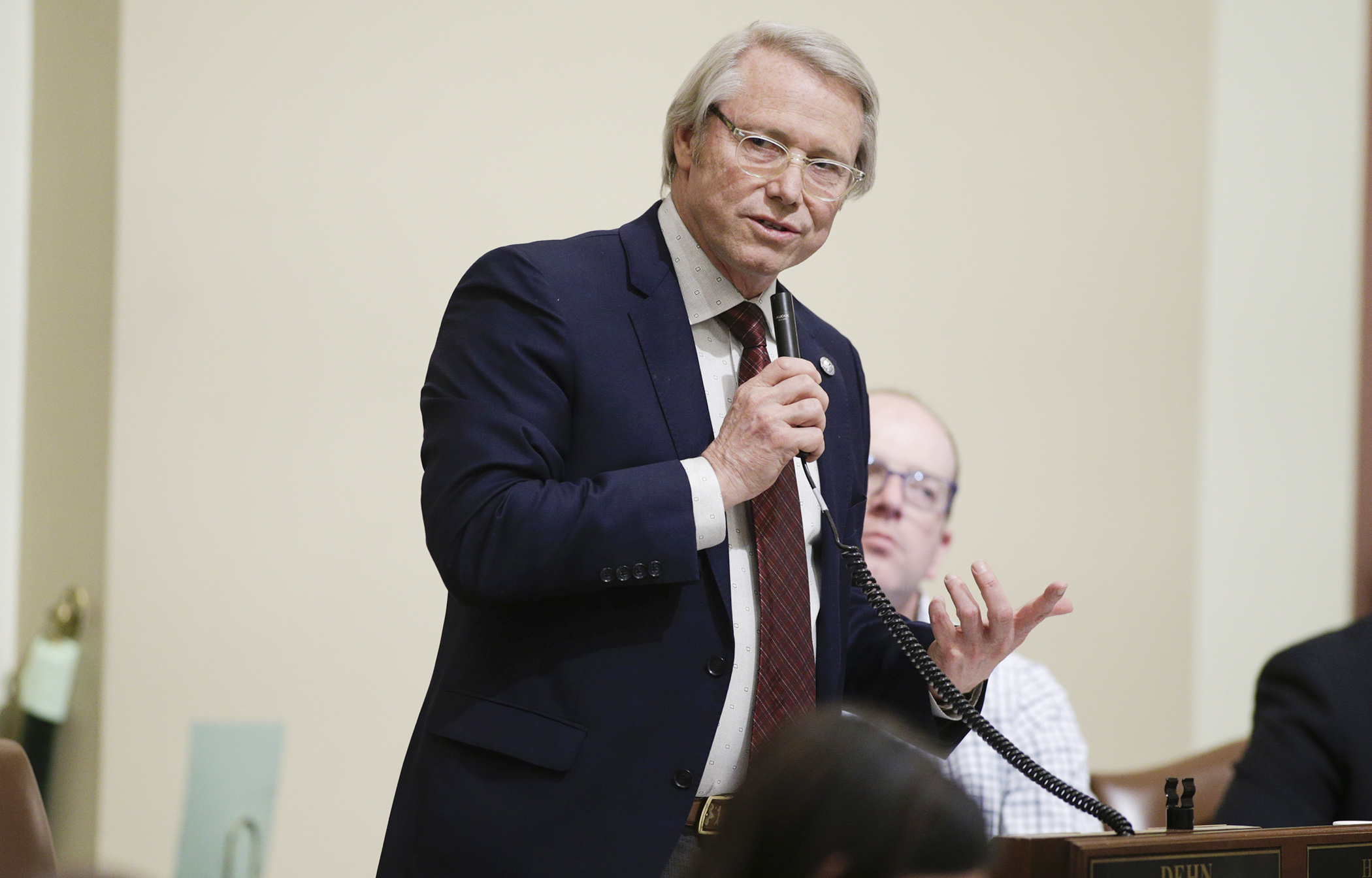Primary election privacy push passes House

Minnesotans who vote in the state’s presidential primary would be able to opt-out of voter lists sent to major political parties under a bill passed Wednesday night in the House.
HF3068, sponsored by Rep. Raymond Dehn (DFL-Mpls), would place restrictions on voter data collected during presidential primaries and levy severe penalties on those who make it public.
The aim, Dehn says, is to make it less likely that which party primary ballot a voter chooses will become public. That’s a fear that has been expressed as Minnesota prepares to hold its presidential primary March 3. State law requires the Office of the Secretary of State to turn over a list of every voter and their party ballot choice to chairs of each of the major political parties in the state.
Passed 72-55, as amended, the bill now goes to the Senate. There, Sen. Ann Rest (DFL-New Hope) is the sponsor.
To safeguard voter privacy, HF3068 would restrict the list to a designated representative of a party’s national committee, require that person to submit a written request for the list, and share the voter’s information only with the party whose ballot they selected.
It would also restrict use of the list to only those activities necessary to verify compliance with national party rules and would prohibit distribution of the list to any other person for any reason.
Finally, voters would be able to opt-out of inclusion on the list.
This year marks Minnesota’s first presidential primary since 1992. In intervening years, state parties used caucuses to establish presidential preference. Heavy participation in recent caucuses led state lawmakers in 2016 to shift the state back to the more widely-used primary system.
Related Articles
Search Session Daily
Advanced Search OptionsPriority Dailies
Speaker Emerita Melissa Hortman, husband killed in attack
By HPIS Staff House Speaker Emerita Melissa Hortman (DFL-Brooklyn Park) and her husband, Mark, were fatally shot in their home early Saturday morning.
Gov. Tim Walz announced the news dur...
House Speaker Emerita Melissa Hortman (DFL-Brooklyn Park) and her husband, Mark, were fatally shot in their home early Saturday morning.
Gov. Tim Walz announced the news dur...
Lawmakers deliver budget bills to governor's desk in one-day special session
By Mike Cook About that talk of needing all 21 hours left in a legislative day to complete a special session?
House members were more than up to the challenge Monday. Beginning at 10 a.m...
About that talk of needing all 21 hours left in a legislative day to complete a special session?
House members were more than up to the challenge Monday. Beginning at 10 a.m...